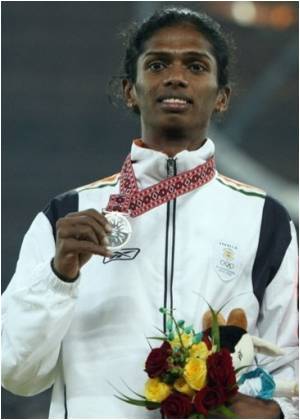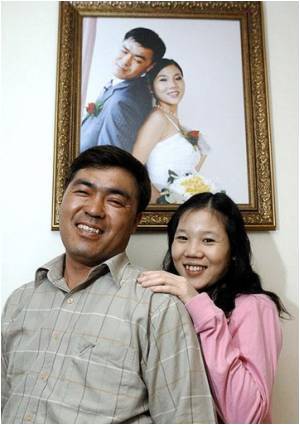
It has been three years since international sports officials drew widespread criticism over the handling of the case of a female athlete who was accused of being unfairly masculine.
In addressing one of the most vexing and personal issues in sports - how to draw a line between male and female, when human anatomy is often mixed - the organization decided to use testosterone levels as the determining factor, the New York Times reported.
The IOC no longer deems its screening a sex-verification test, which in the past presented a uniquely awkward and embarrassing situation for the parties involved.
The organization said the new regulations involved a test to see whether a woman's natural testosterone levels fall within the normal range of a man, though the IOC does not reveal what a man's normal levels might be.
If a female athlete is found through a blood test to have a condition known as hyperandrogenism, which involves an excessive production of androgens, she will not be allowed to compete as a woman.
Advertisement
The IOC policy, outlined in a statement dated June 22, will be in effect for this summer's Olympics in London and will probably be followed by all sports federations that participate in the Olympics.
Advertisement
Sex tests emerged in sports in the 1960s, when the Soviet-bloc countries were suspected of entering men in women's events.
The IOC stopped large-scale sex testing in 1999, but the issue has not disappeared.
"In general, the performances of male and female athletes may differ mainly due to the fact that men can produce significantly more androgenic hormones than women and, therefore, are under stronger influence of such hormones," the IOC statement said.
Source-ANI















